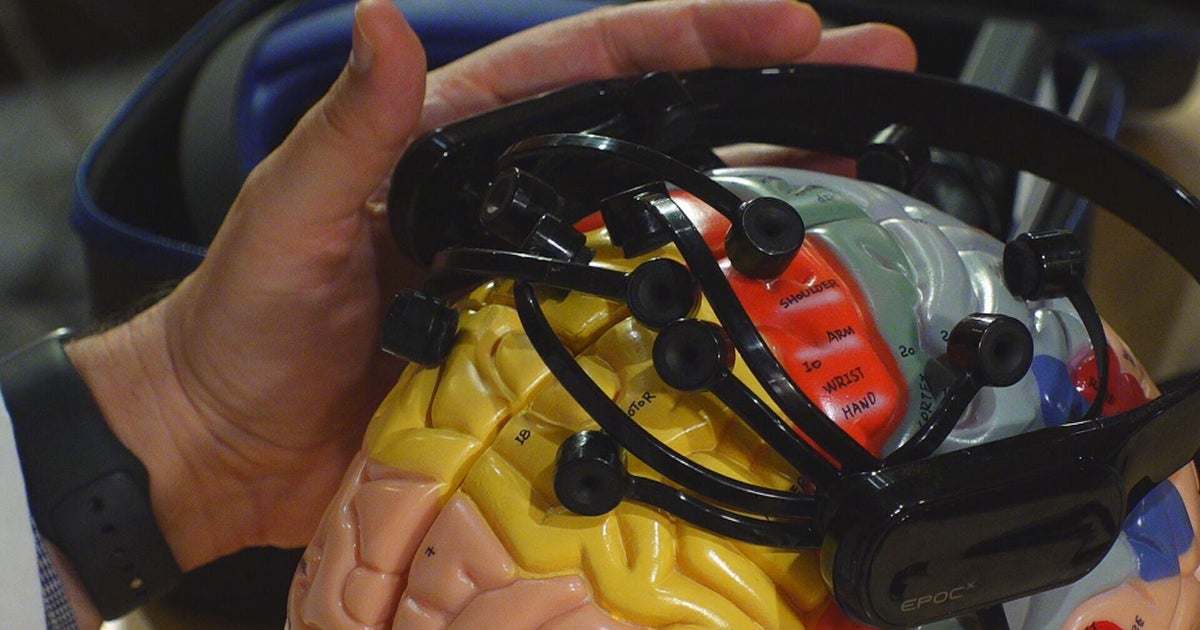HealthWatch: UCSF Study Helps Demystify Alcohol Addiction
SAN FRANCISCO (CBS 5) - For the first time, researchers have demonstrated the effect of alcohol on the human brain - a discovery that may lead to better treatments for alcohol addiction.
The study comes from the Ernest Gallo Clinic and research center at the University of California, San Francisco. Scientists found that endorphins, the tiny proteins with opiate-like effects that can be felt when you eat chocolate, fall in love, or have a good workout, also play a role when you drink.
Researchers used brain scans to study the immediate effects of alcohol on 25 adults.
"We found that drinking alcohol releases endorphins in the brain in some very interesting places," said UCSF Neuroscientist Dr. Jennifer Mitchell.
Dr. Mitchell said endorphins bind to two key locations in the brain – the decision making center and the reward center. That finding may help explain why alcohol is addicting.
"Endorphins make you feel pleasure. If you're feeling pleasure you tend to repeat the process, and that could lead one to drink more," said Dr. Mitchell.
Their findings suggest that the brains of heavy drinkers are changed in a way that makes them more likely to find alcohol pleasant, and that big drinkers had more endorphins released overall.
Researchers said that both environmental and genetic factors are likely at play in the addiction process.
Researchers hope that by understanding exactly how the endorphins bind to specific receptors in the brain, they'll be able to improve on drugs that are used to treat alcohol abuse.
(Copyright 2012 by CBS San Francisco. All Rights Reserved. This material may not be published, broadcast, rewritten, or redistributed.)







